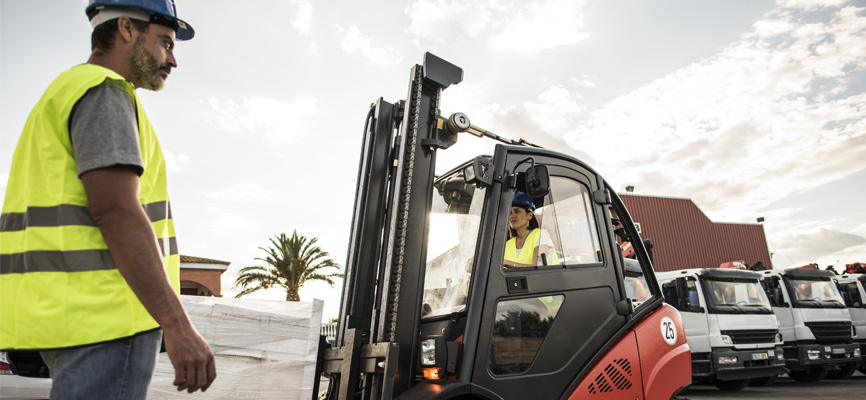AI has quickly gone from an emerging technology to a mature one, with its impact being felt in just about every industry. Much of the discussion around AI is eclipsed by anxiety and concern about the prospect of potential job losses, as experts fear the impact of AI’s often superior performance over human performance in many sectors.
However, the conversation is evolving, and fear is slowly turning to deeper understanding and acceptance that, while AI will inevitably mean certain jobs will be more efficiently and cost-effectively carried out by machine-learning technology, in other sectors it will also lead to new jobs and resources being created and required in businesses. Furthermore, tech experts say that AI can potentially free up humans to do more strategic, higher-level work and augment many business functions.
Humans will still have an important role in shaping and guiding the technology. Forbes magazine cuts through some of the confusion and moral panic around the ‘AI revolution’ and cites evidence for improvements to business: ‘revolution’ is actually a 60-year evolution of the use of increasingly sophisticated statistical analysis to assist in a wide variety of business decisions, actions, and transactions. It has been called ‘data mining’, ‘predictive analytics’ and, most recently, ‘data science’. Last year, a survey of 30,000 American manufacturing establishments found that “productivity is significantly higher among plants that use predictive analytics”.
Take the world of auto and equipment finance as a prime example: AI is already being adopted in the analysis and collection of data, creating a more streamlined, efficient and more user-friendly journey for the borrower and for brokers. After all, AI is simply learning from the data.
How will AI benefit the end user exactly?
Today’s consumers need speed and convenience in virtually every experience. They are busier, contend with more distractions and, as a result, are less willing to wait than in years past.
In an increasingly competitive lending landscape, it is essential that lenders optimise decision-making for efficiency and effectiveness to better serve borrowers.
Put simply, AI can enhance the customer experience in three main ways:
- Make the customer journey easier and improve the customer experience
- Remove biases in decision making
- Detect fraud.
AI set to improve the customer journey at Metro
Metro is moving forward at pace with its AI plans to improve the lending experience for its customers and brokers.
The company has recently employed David Bridges in a newly created Chief Information Officer (CIO) role with an AI rollout forming a significant part of his remit. Other resources have also been deployed by Metro to formally progress the technological and AI transformation program of the company.
David says: “Our plans to deploy AI into our systems will ultimately reduce the time and number of touchpoints for customer requests and processing, approvals and complaints.”
Metro will have a platform to collect more data, known in AI as a Large Language Model (LLM), to create a complete customer identity and profile that will create the streamlining and efficiencies across the lending processes.
Metro’s Head of Servicing, Raj Kripal, says the company’s AI plans will lead to a more tailored approach to customer service.
“With the new LLM, we can tailor a response based on the data collected to build on our features and this will improve the novated leasing experience for customers. With this technology we can streamline credit assessment and complaints management.
“We are leveraging AI to recommend specific Metro products to make for a more personalised recommendation and to make life easier for our customers,” Raj says.
Why is Metro adopting AI?
Metro is going full steam ahead with AI because it sees the opportunity and potential for digital transformation to enhance the services it provides and to capture wider audiences. The obvious reason which has already been covered is the speed with which operations can be carried out through AI deployment. But there are other clear advantages.
Research from the London School of Economics and Political Science shows the need for accelerated digital transformation by brands and organisations to meet Gen Y and Gen Z expectations. These cohorts display a lack of tolerance for slowness in communication, a frustration with legacy solutions and the inability to expediently source information.
“We are actively targeting Gen Z with this technology, as we see AI’s appeal to younger audiences who increasingly seek a more automated, digitised approach to finance, and we want to capture more of that market,” Raj says.
Metro emphasises that automation and digitisation and high-quality customer service are not mutually exclusive.
David says: “AI will enhance the SME experience, create a more tailored broker experience with innovation in operating systems, without replacing the human-to-human customer service experience – which is Metro’s major differentiator in the market.
“Leveraging AI for a speedier and more personalised customer journey is human-centric and that is at Metro’s core.”

















